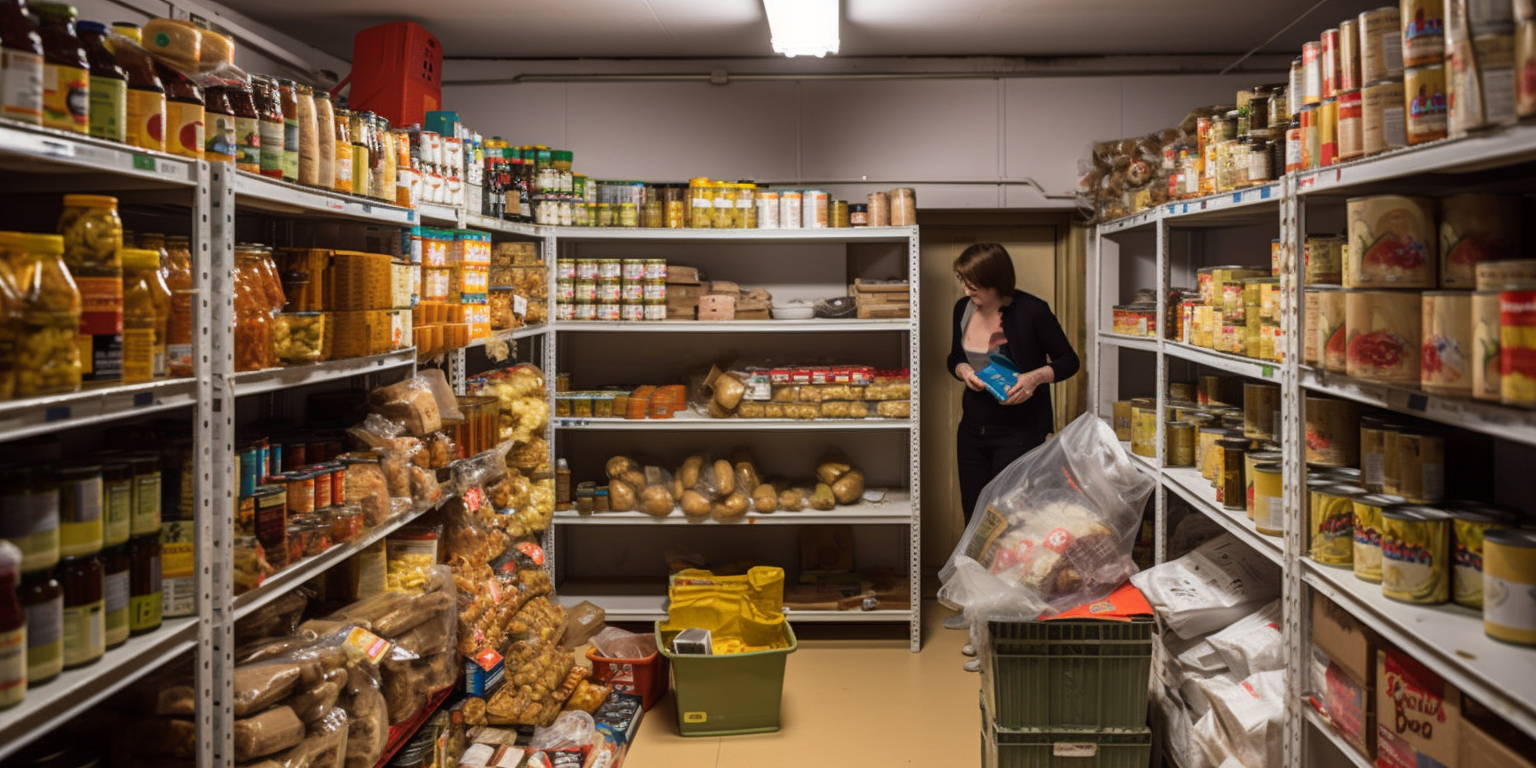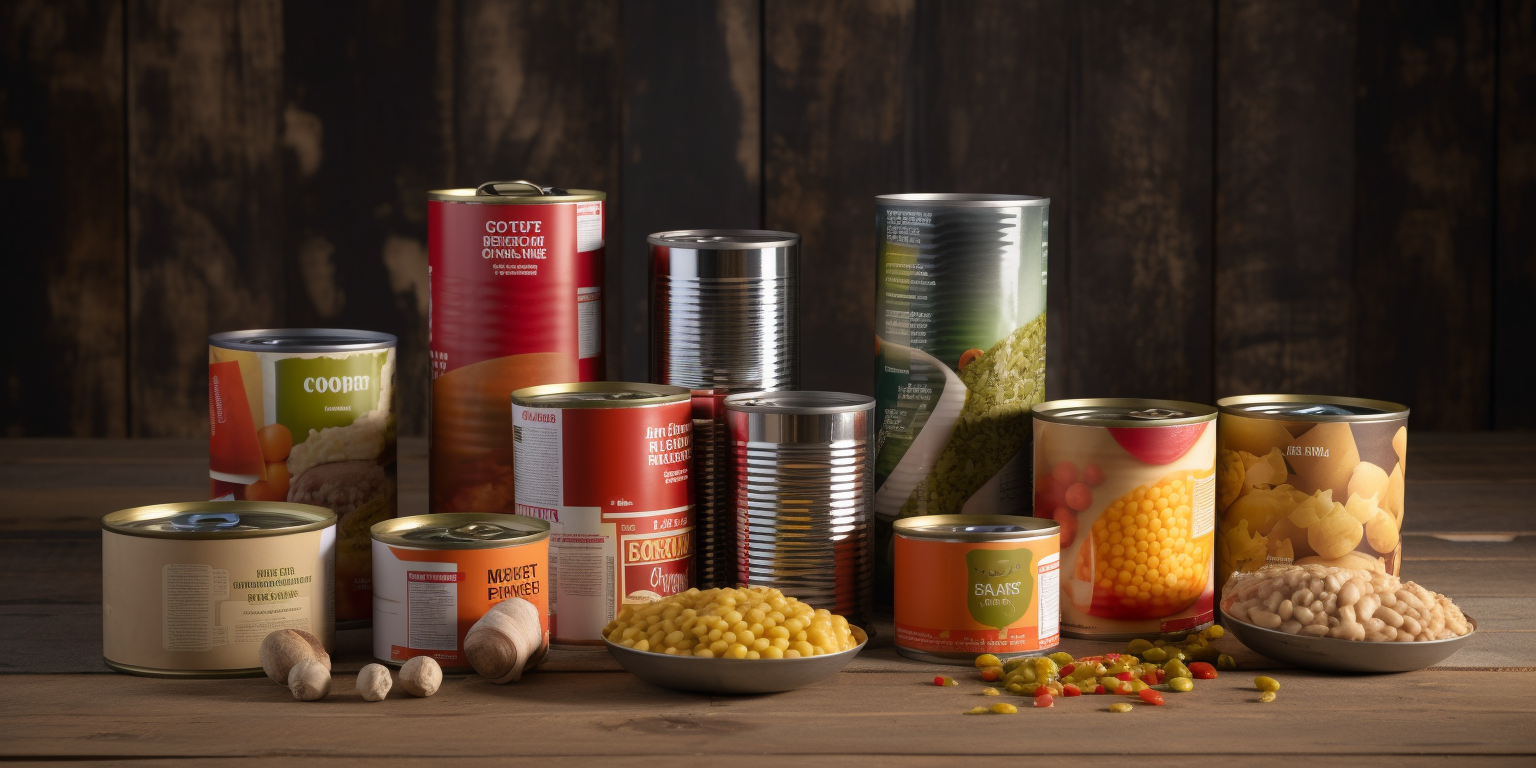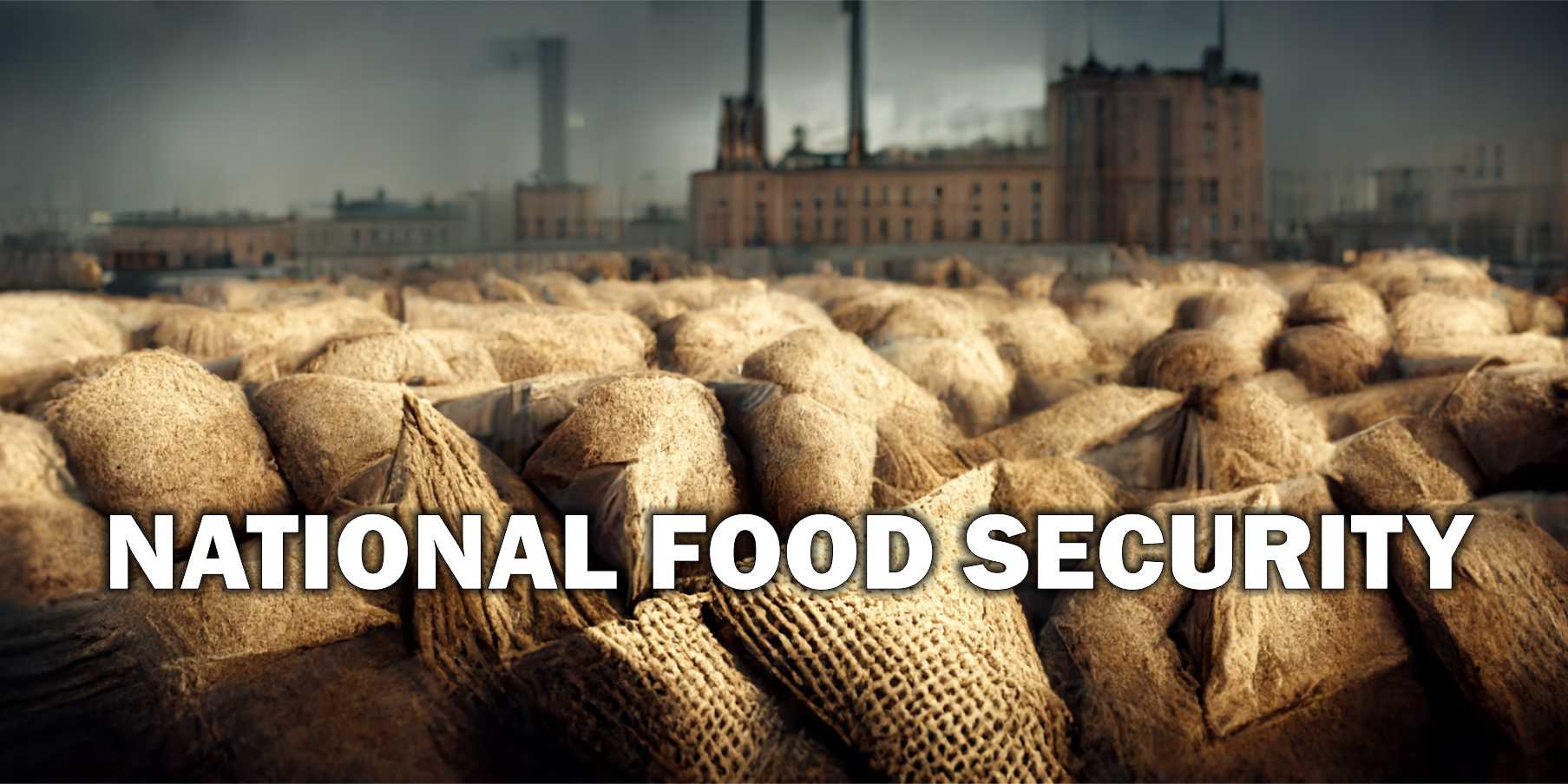
How close are we to a Nuclear disaster in Ukraine?
How close are we to a Nuclear disaster in Ukraine?
Over the last few days, there has been increased concern that the war in Ukraine is creating a new threat to western Europe. You may have read articles in the Times, Guardian, BBC or Independent or heard the statements by the United Nations or key leaders within the Nuclear Energy sector.
Is this something we in the UK should be concerned about?
In the Ukraine there are four active nuclear power plants comprising 15 nuclear reactors providing approximately 20% of the Ukraine’s energy requirements.

The UN has expressed concern over the increasing possibility of a nuclear incident at Europe's largest nuclear power plant, Zaporizhzhia in Ukraine, following a missile strike that left the facility dependent on a single emergency power line. The power plant was captured during the early days of Russia's invasion of Ukraine and has since been caught in the crossfire. The missile strike disconnected the plant from the power grid, making it reliant on one power line to maintain reactor cooling.
The UN's International Atomic Energy Agency's chief, Rafael Grossi, highlighted the precarious state of nuclear safety at Zaporizhzhia, with the backup power line disconnected and under repair. A reliable power supply is crucial for operating water-circulating pumps to cool reactors and nuclear fuel pools. The facility has faced power loss on multiple occasions, relying on diesel generators to power safety systems.
Both Ukrainian and Russian forces have accused each other of shelling near the plant since its capture. The missile strike occurred amidst a wave of Russian attacks across Ukraine, causing power outages and fatalities. Russia has been targeting Ukrainian energy infrastructure in an attempt to weaken the country's resistance.
Ukrainian President Volodymyr Zelensky discussed the situation at the plant with Japanese Prime Minister Fumio Kishida during a recent visit. Zelensky called for more effective mechanisms to resolve the situation, citing the limitations of current international institutions. Another missile strike on a civilian building at Zaporizhzhia, as well as a separate drone attack on a school near Kyiv, further emphasize the escalating risk of a nuclear incident.
So there is a real risk of a nuclear incident. Is this a high risk? No, but it would certainly be wise for everybody to be more conscious of this threat.
In the event of a nuclear reactor failure caused directly through a stray missile impact, or indirectly through safety protocol breaches, the effect for us in the UK would be extremely dependent on the prevailing winds at the time.
The typical prevailing wind direction would result in the UK experiencing significant nuclear fall-out for a period of days or weeks, and this would result in the following:
- Government guidance to stay indoors with the windows shut
- Not to consume fresh produce including milk and other fresh food for a stated period of time
- To avoid consuming tap water – instead to consume bottled water
With this in mind, it may be sensible to stock up on bottled water and food; whether canned, frozen or long-life food in order to ensure you are not in a position that forces you to have to leave the house – remember that in the event of government guidance being ‘stay indoors’ we are likely to see a short-term shutdown that is significantly more restrictive than during the Covid pandemic. Food stores are likely to close completely, with emergency food deliveries requiring specialist safety equipment and protective clothing.
Whilst the threat is not so high as to cause any sense of panic here in the UK, it is still wise to anticipate the consequences and act early in buying bottled water and long life food, so as to ensure you are able to support yourself, your family and friends in the event of an international incident.
Be sensible…avoid panic-buying by being prepared.
Suggested Articles
The Crucial Role of Emergency Food in Hunger Relief and Crisis Situations
Unravelling the significance of emergency food provisions in combating food insecurity and supporting vulnerable popu...
The Culture of Emergency Food: How Different Societies Approach Preparedness
Disasters and emergencies can strike at any time, leaving individuals and communities grappling for survival. As unce...
National Food Security - what is it & what does it mean for me
Food security has emerged as one of the most significant challenges facing countries worldwide. It is no longer just ...





